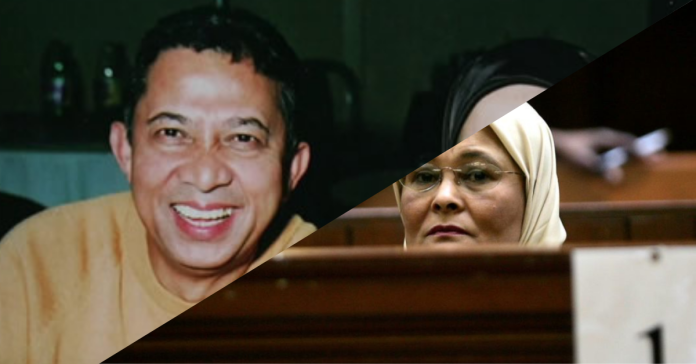The Athlone Community Policing Forum (CPF) has expressed concern as the community and relevant authorities prepare for the impending parole release of Najwa Petersen.
The 63-year-old, convicted for the 2006 murder of her husband, renowned musician Taliep Petersen, is set to be released in late November. The Department of Correctional Services (DCS) confirmed Petersen’s release on Thursday, noting that she served the minimum required time of her 28-year sentence.
She is expected to spend the remainder of her sentence under community corrections in Athlone.
“Upon release, Najwa Petersen will serve the remainder of her sentence under the system of community corrections, monitored according to parole conditions. Normal parole conditions will apply. Critical to highlight, there is going to be a continuity of Restorative Justice processes involving the victims of crime with help of professionals,” said Department of Correctional Services Spokesperson, Sinagbakho Nxumalo.
CPF chairperson, Sharon Claassen, says the next six weeks may be too short a timeline before her release.
“Are we going to have everything in place in time? Because either sort of the parole conditions have to be set down, and it has to be agreed upon by all relevant parties that will be involved in monitoring post-release.”
She also stressed the importance of community involvement and dialogue before such a significant event, particularly given the nature of the crime.
“We are concerned about the community’s response to the news. We haven’t had an opportunity to engage the community as such, because this happened [on Wednesday]. So there may be a bit of a kickback from the community. I am concerned that the timing may be a little bit too short to engage with the community properly.”
Najwa appeared before the Correctional Supervision and Parole Board (CSPB) on 11 September 2024. Her parole placement date was confirmed for 27 November, a decision made in accordance with the Correctional Services Act. The act mandates that an inmate serve the minimum required sentence before being considered for parole.
The DCS reassured that victims had been involved in the parole process and were notified of the decision. It says Najwa has undergone rehabilitation programmes and will continue her reintegration through pre-release programmes.
Claasen says a community meeting is planned to address the situation, but notes that there has been little communication from the DCS regarding the specifics.
“This is driven by the department and hopefully [it] will afford the community enough time to voice their opinions or concerns… We have not received any communication from the Department of Correctional Services as yet.”






